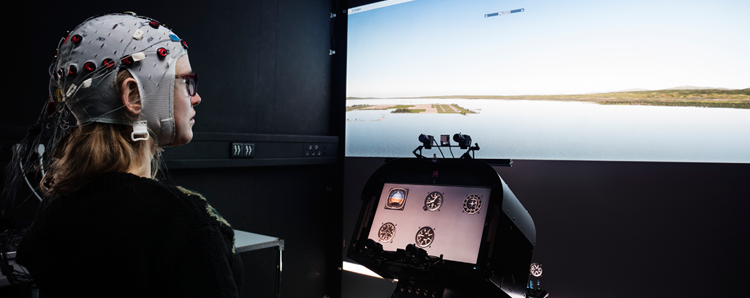Vehicle handling is a task that places high demands on our visual system. When driving a car, we have to constantly attend to visual factors such as our distance to the car in front of us, our lane-position, road-signs, and more. Therefore, perceptual distraction during driving can be expected to impair our ability to handle a vehicle. Nonetheless, some levels of distractibility can sometimes be beneficial – it can grant us access to unanticipated events that might be relevant. In our new article, published in the journal Frontiers in Human Neuroscience, we investigate how neural activity changes in order to maintain the balance between driving performance and the perception and processing of events outside of the focus of our visual attention.
How does steering engagement influence our susceptibility to distractions?


